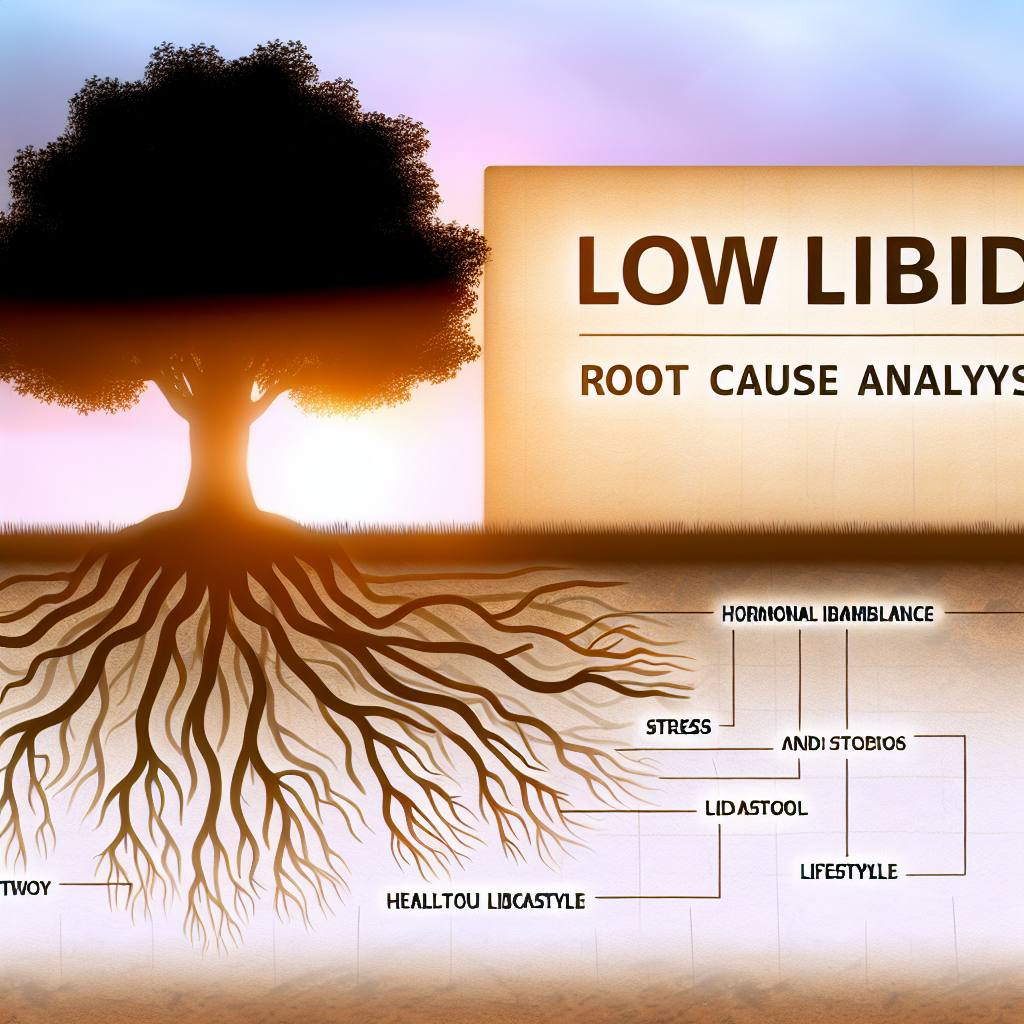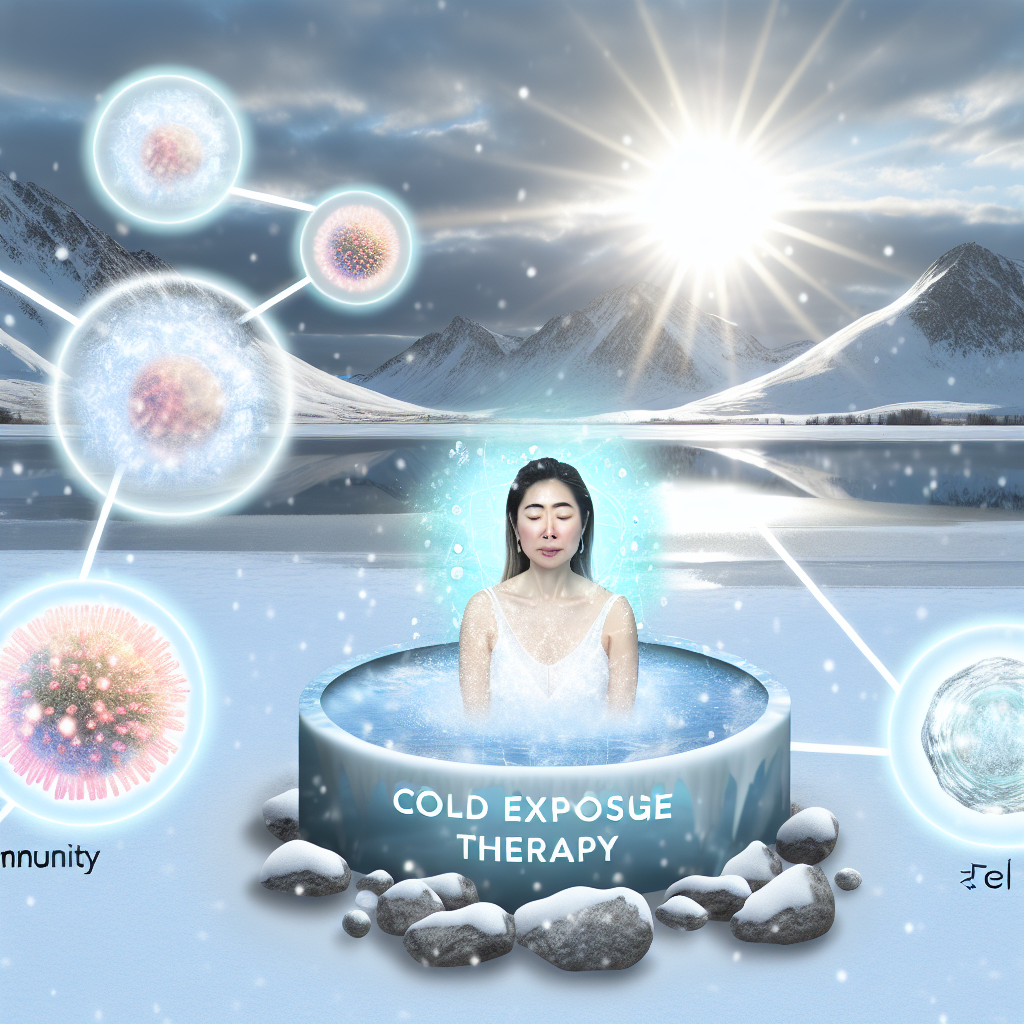Low Libido: Root Cause Analysis
Introduction
Low libido, or a decreased desire for sexual activity, is a common issue affecting men of all ages—from teenagers to those in their 90s. While it’s often associated with aging, the reality is that low libido can occur at any stage of life and can be linked to a complex interplay of physical, psychological, and lifestyle factors. Understanding the root causes of low libido is not just about improving sexual performance; it’s a crucial aspect of overall health and well-being.
Sex drive is a fundamental part of male health, influenced by hormonal balance, mental state, physical condition, and lifestyle choices. When libido declines, it can indicate underlying medical issues such as hormonal imbalances, cardiovascular disease, diabetes, or psychological conditions like depression and anxiety. Stress, poor sleep quality, sedentary lifestyles, and certain medications also play a significant role in diminishing libido.
In younger men, excessive stress, anxiety about performance, and lifestyle choices like substance use can dampen sexual desire. For middle-aged men, declining testosterone levels and chronic health conditions become key contributors. In older men, a combination of hormone depletion, medication side effects, and decreased physical activity often play a role. However, despite common misconceptions, low libido is not an inevitable part of aging. Addressing underlying health issues and making key lifestyle adjustments can help maintain a healthy sex drive well into the later decades of life.
Medical professionals recommend considering low libido as a symptom rather than an isolated problem. Getting to the root cause often involves a comprehensive analysis of hormonal levels, psychological well-being, lifestyle habits, and possible medical conditions. Many men hesitate to discuss sexual dysfunction with their doctors due to embarrassment, but open communication with a healthcare provider is essential for diagnosing and treating any underlying issues effectively.
This article will explore cutting-edge research to understand the primary causes of low libido. We’ll review the most recent findings on hormonal imbalances, the effects of stress and mental health, the role of medications, and how lifestyle factors impact sexual desire. By identifying root causes, men can take proactive steps to reclaim their libido and improve their overall health.
The Science Behind Low Libido: Key Medical Studies
Scientific studies continue to shed light on the causes of low libido in men, emphasizing the interaction between biological, psychological, and lifestyle-related factors. A primary focus of recent research is on testosterone levels, mental health influences, and the role of medications in suppressing sexual desire.
Hormonal Imbalances: The Role of Testosterone in Sex Drive
Testosterone is the key hormone responsible for regulating male sex drive. Studies indicate that declining levels of testosterone, known as hypogonadism, play a crucial role in diminished libido. According to research published in the Journal of Clinical Endocrinology & Metabolism, testosterone levels naturally decline by approximately 1-2% per year after the age of 30. However, some men experience more rapid declines, leading to symptoms such as reduced libido, fatigue, and erectile dysfunction [(1)](#references).
Beyond aging, conditions like obesity, metabolic syndrome, and chronic illnesses such as diabetes have been shown to lower testosterone levels significantly. A study from the Journal of Sexual Medicine found that men with type 2 diabetes frequently experience lower testosterone levels, which contributes to sexual dysfunction [(2)](#references).
Mental Health and Libido: How Stress and Depression Lower Sex Drive
Mental health plays a substantial role in regulating libido. Depression, anxiety, and chronic stress are directly linked to reduced sex drive. In a study conducted by the American Journal of Psychiatry, researchers found that men with clinically diagnosed depression were significantly more likely to experience sexual dysfunction, including low libido, compared to men without mental health issues [(3)](#references).
Cortisol, the body’s primary stress hormone, can also negatively impact testosterone production. A 2021 study from Psychoneuroendocrinology found that chronic stress leads to prolonged cortisol release, which inhibits the function of necessary reproductive hormones for maintaining a healthy libido [(4)](#references).
Medications That May Be Killing Your Sex Drive
Certain medications are well-documented contributors to libido reduction. A review in the British Journal of Clinical Pharmacology highlighted that selective serotonin reuptake inhibitors (SSRIs), commonly prescribed for depression and anxiety, can significantly lower libido by affecting neurotransmitter levels in the brain [(5)](#references). Similarly, beta-blockers—medications used to manage high blood pressure—are known to interfere with sexual function.
Another class of medications, statins, which are used to lower cholesterol, may also negatively affect testosterone production, further contributing to a decrease in libido. Understanding the side effects of these medications can help men discuss alternative treatments with their healthcare providers.
How Lifestyle Choices Impact Your Libido
Lifestyle choices have a profound effect on libido. Poor diet, lack of exercise, excessive alcohol consumption, and recreational drug use all contribute to lower sexual desire. A groundbreaking study from the American Journal of Clinical Nutrition found that diets high in processed foods and sugar contribute to obesity and lower testosterone levels, thereby reducing sex drive [(6)](#references).
Similarly, sleep deprivation has been shown to decrease testosterone production. Research from the Journal of the American Medical Association (JAMA) found that men who slept less than five hours per night for a week experienced a 10-15% drop in testosterone levels [(7)](#references). This emphasizes how essential quality sleep is for maintaining healthy sexual function.
Conclusion: Taking Charge of Your Sexual Health
Low libido is a multidimensional issue that affects men across all age groups, from teenagers to elderly individuals. While aging is often blamed for declining sex drive, research consistently shows that numerous factors contribute to low libido—including hormonal imbalances, mental health disorders, medication side effects, and unhealthy lifestyle habits.
The key to resolving low libido lies in conducting a thorough root cause analysis. By addressing underlying hormonal deficiencies, managing stress effectively, maintaining a balanced diet, engaging in regular exercise, and discussing medication side effects with healthcare professionals, men can restore or enhance their libido at any stage of life.
Additionally, breaking the stigma around discussing sexual health remains critical. Many men hesitate to seek medical advice due to embarrassment, but sexual health is a vital component of overall well-being. Consulting a healthcare provider ensures early detection of potential medical disorders and helps implement personalized solutions for improving libido.
Understanding and addressing the factors that contribute to low libido can empower men to achieve better overall health, stronger relationships, and improved quality of life. By making informed lifestyle choices and prioritizing health, a fulfilling sex life can remain attainable well into old age.
Summary:
Low libido is a common issue affecting men of all ages, with complex underlying causes such as hormonal imbalances, mental health disorders, medication side effects, and unhealthy lifestyle habits. Addressing the root causes through a comprehensive approach, including managing stress, maintaining a balanced diet, and engaging in regular exercise, can help men restore their sex drive and improve overall well-being. Seeking medical advice and breaking the stigma around discussing sexual health are crucial steps in tackling low libido.
References:
1. [Journal of Clinical Endocrinology & Metabolism – Decline in Testosterone with Age](https://academic.oup.com/jcem/article/86/2/724/2846417)
2. [Journal of Sexual Medicine – Testosterone and Type 2 Diabetes](https://www.jsm.jsexmed.org/article/S1743-6095(18)31736-3/fulltext)
3. [American Journal of Psychiatry – Depression and Sexual Dysfunction](https://ajp.psychiatryonline.org/doi/full/10.1176/appi.ajp.2012.12010115)
4. [Psychoneuroendocrinology – Chronic Stress and Testosterone](https://www.sciencedirect.com/science/article/abs/pii/S0306453021002373)
5. [British Journal of Clinical Pharmacology – Effects of SSRIs on Libido](https://bpspubs.onlinelibrary.wiley.com/doi/full/10.1111/j.1365-2125.2012.04120.x)
6. [American Journal of Clinical Nutrition – Diet and Testosterone](https://academic.oup.com/ajcn/article/110/1/130/5476534)
7. [Journal of the American Medical Association (JAMA) – Sleep Deprivation and Testosterone](https://jamanetwork.com/journals/jama/fullarticle/1103997)

Dominic E. is a passionate filmmaker navigating the exciting intersection of art and science. By day, he delves into the complexities of the human body as a full-time medical writer, meticulously translating intricate medical concepts into accessible and engaging narratives. By night, he explores the boundless realm of cinematic storytelling, crafting narratives that evoke emotion and challenge perspectives. Film Student and Full-time Medical Writer for ContentVendor.com




